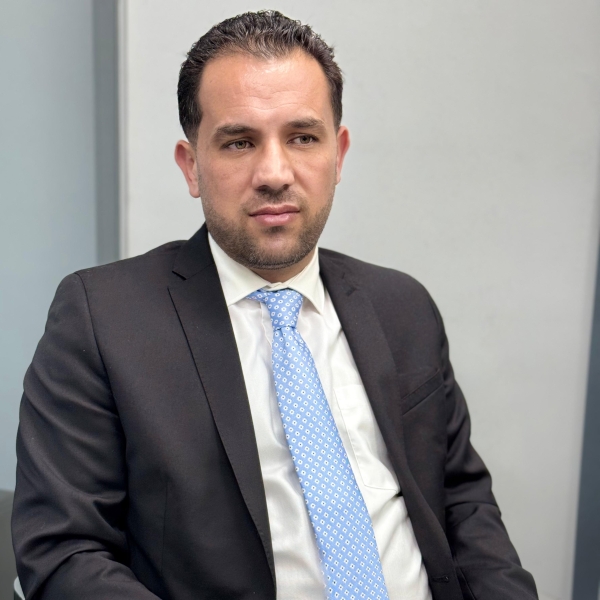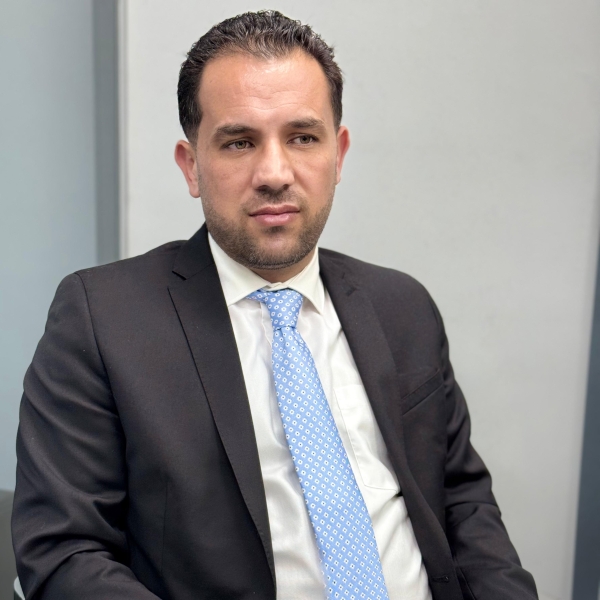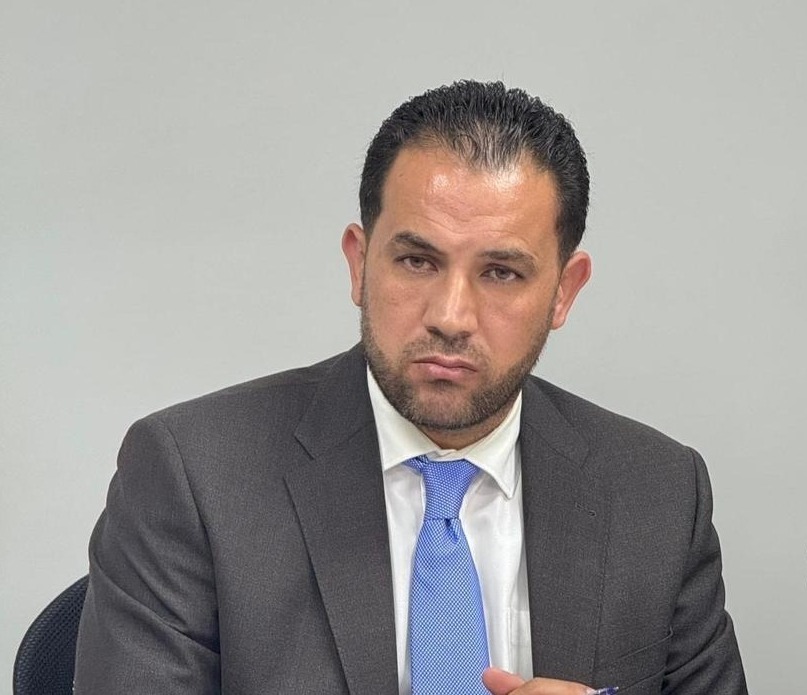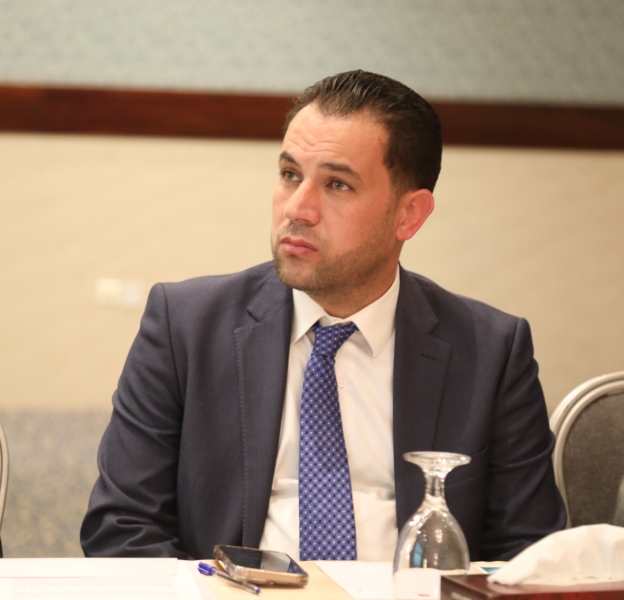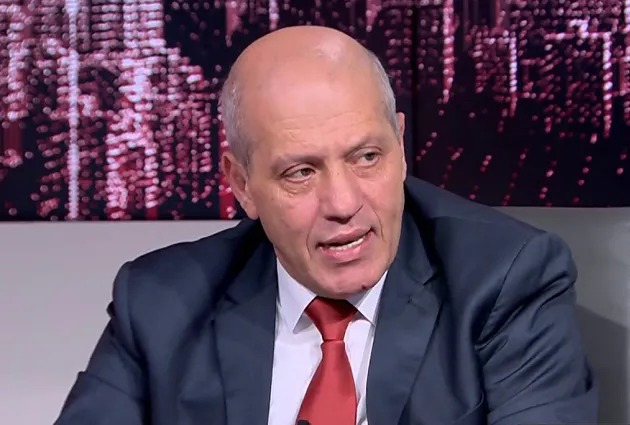Lebanon and Syria - a relationship that takes into account many factors

There is a daily growing need for a new kind of relationship between Lebanon and Syria—a relationship that takes into account many factors, including the lifting of U.S. sanctions on Syria after President Donald Trump responded to a call from Saudi Crown Prince Mohammed bin Salman. The complete lifting of European sanctions on the country followed this.
Mohammed bin Salman was the architect of the meeting held in Riyadh between the American president and the new Syrian president, Ahmad Al-Shara’. The least that can be said about this meeting is that it marked a historic shift in the entire region, in light of Iran’s withdrawal from Syria and Damascus’s return to the Arab fold.
To confirm the event's significance, it is enough to say that it rendered the Arab summit held in Baghdad a marginal event in both form and substance. One could even say that the real summit was the series of meetings held during the American president’s tour, which included Riyadh, Doha, and Abu Dhabi, and the agreements that were finalized there.
Lebanon must be up to the level of this shift and grasp its implications. The transformation witnessed in Syria is very similar to what happened on November 16, when Hafez al-Assad seized control of all levers of power under the slogan of the "Corrective Movement." That was the beginning of the entrenchment of an Alawite regime in Syria. This regime, whose foundations were laid on February 23, 1966—the date of the coup led by Salah Jadid and Hafez al-Assad—remained standing until the day Bashar al-Assad fled to Moscow on December 8, 2024.
An Opportunity for Lebanon
In 1970, Lebanon chose Suleiman Frangieh (the grandfather) as President of the Republic in what could be described as a coup against Shihabism (named after President Fouad Shihab), under the influence of the Tripartite Alliance between the three Christian leaders Camille Chamoun, Pierre Gemayel, and Raymond Edde.
The new Lebanese president, with his limited political understanding, especially regarding regional affairs, could not grasp the developments unfolding in the region nor the implications of the Syrian transformation, which was occurring alongside other extremely important events. Chief among these was the absence of Gamal Abdel Nasser, who, despite the defeat of 1967, still held symbolic weight in the Arab world. The year 1970 also marked the expulsion of Palestinian fighters from Jordan and their flow into Lebanon, which had signed the ill-fated Cairo Agreement in 1969. Hafez al-Assad himself was not far removed from the process of flooding Lebanon with Palestinian militants, especially as he had served as Syria’s Minister of Defense since 1966, and personally oversaw the surrender of the Golan Heights to Israel.
In short, no one in Lebanon in 1970 was able to understand the meaning of what had occurred in Syria or its regional implications. The Lebanese president at the time failed to grasp the significance of U.S. Secretary of State Henry Kissinger’s 1974 visit to Damascus aboard his airplane, while refusing to land at Beirut airport. The meeting between Suleiman Frangieh and Kissinger had to be held at the Rayak military airbase. The president wasted both his and Kissinger’s time by explaining the history of the Palestinian cause to a man who already knew every detail about the region and what was being planned for it.
Today, Lebanon has a real opportunity to build normal relations with Syria. It is true that Syria currently ignores Lebanon and the role some Lebanese factions played during the Syrian events that culminated in the fall of the Alawite regime. Neither President Al-Sharaa nor Foreign Minister Asaad Al-Shibani mentions Lebanon when speaking of the support Syria received in recent years. A deep wound remains over the involvement of “the Party” (a reference to Hezbollah) in the war against the Syrian people—a war led by the Islamic Republic of Iran between 2011 and 2014.
The Importance of the Syrian Shift
This deep wound does not prevent Lebanon from rising to the level of the Syrian transformation and the importance that the Americans and Europeans attach to the change that has occurred in that country. After all, it is no coincidence that former U.S. Ambassador to Damascus Robert Ford spoke of his role, through a British organization, in preparing Ahmad Al-Sharaa. Nor is it a coincidence that this coincided with the publication of an article in The Economist by the Governor of the Syrian Central Bank, at the same time that Donald Trump announced in Riyadh the lifting of sanctions on Syria. And it is no coincidence that Israel recovered the file of its famous spy, Eli Cohen, and transferred it from Damascus to Tel Aviv.
There is no doubt that Lebanon currently has leaders—President Joseph Aoun and Prime Minister Nawaf Salam—who are capable of seeking a position for the country within the new regional equation. There is also no doubt that Lebanon is slow in making bold decisions, particularly regarding the weapons of “the Party” (a reference to Hezbollah), which were never truly Lebanese weapons, but Iranian weapons aimed at the Lebanese people before being aimed at Israel. Still, the statements of Joseph Aoun and Nawaf Salam remain important, especially their emphasis on the "exclusive legitimacy of arms" in the hands of the Lebanese state, which, under the new presidency, is no longer merely a shadow state under Hezbollah.
There is also no doubt that the Lebanese president took a significant step when he spoke of "the option of peace", describing it as “the greatest challenge” facing Lebanon. But what truly matters in the end is how to engage with this major Syrian shift differently—in a way that acknowledges the significance of the U.S.-Syrian meeting, brokered by Saudi Arabia, not as a passing event but as one that requires Lebanon to find a place for itself within the new regional order, instead of remaining on the sidelines.
Is there any clearer indication of the importance of the Syrian transformation than the fact that 'Dubai Ports' is now developing the port of Tartus?
Masarat provided the translation of the article into English. To see the original article in Arabic visit here : لبنان وسوريا... والمعادلة الإقليميّة الجديدة - ASAS Media

